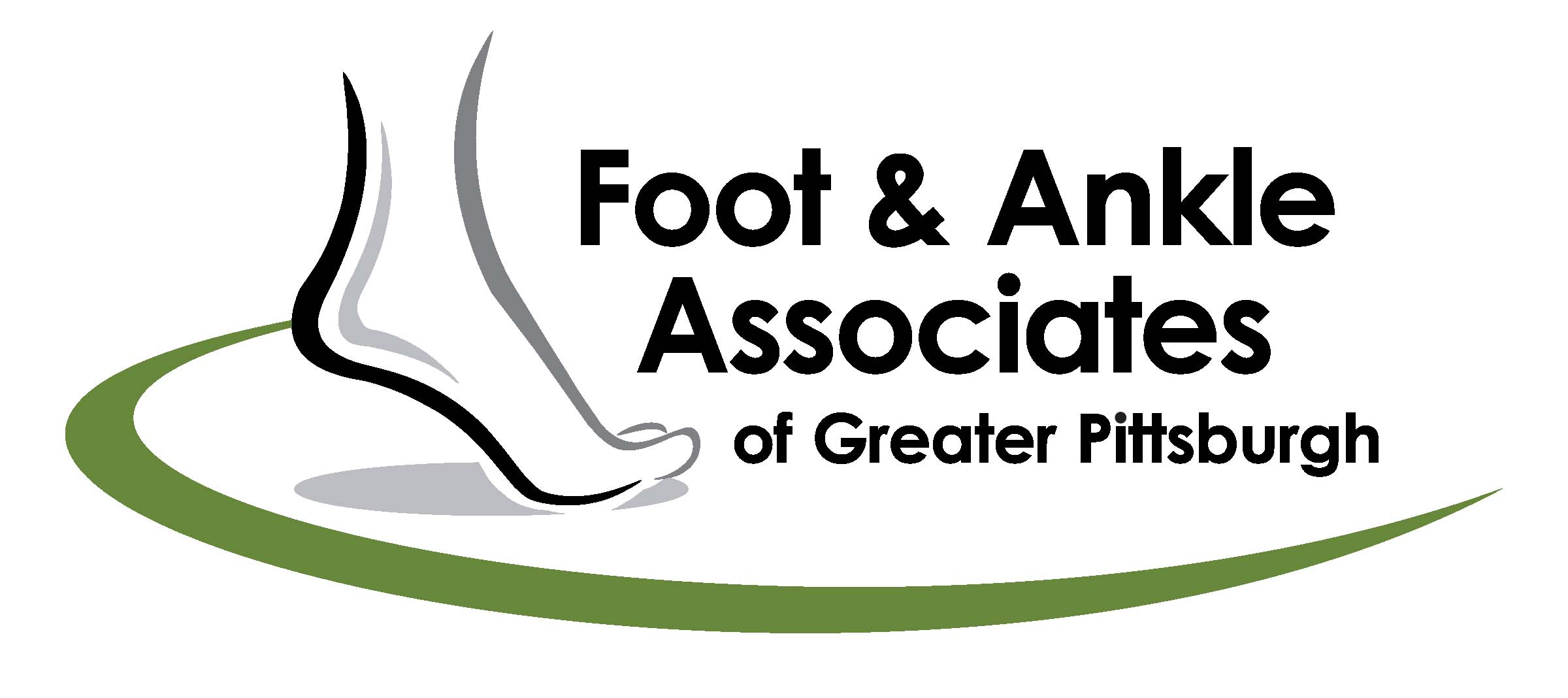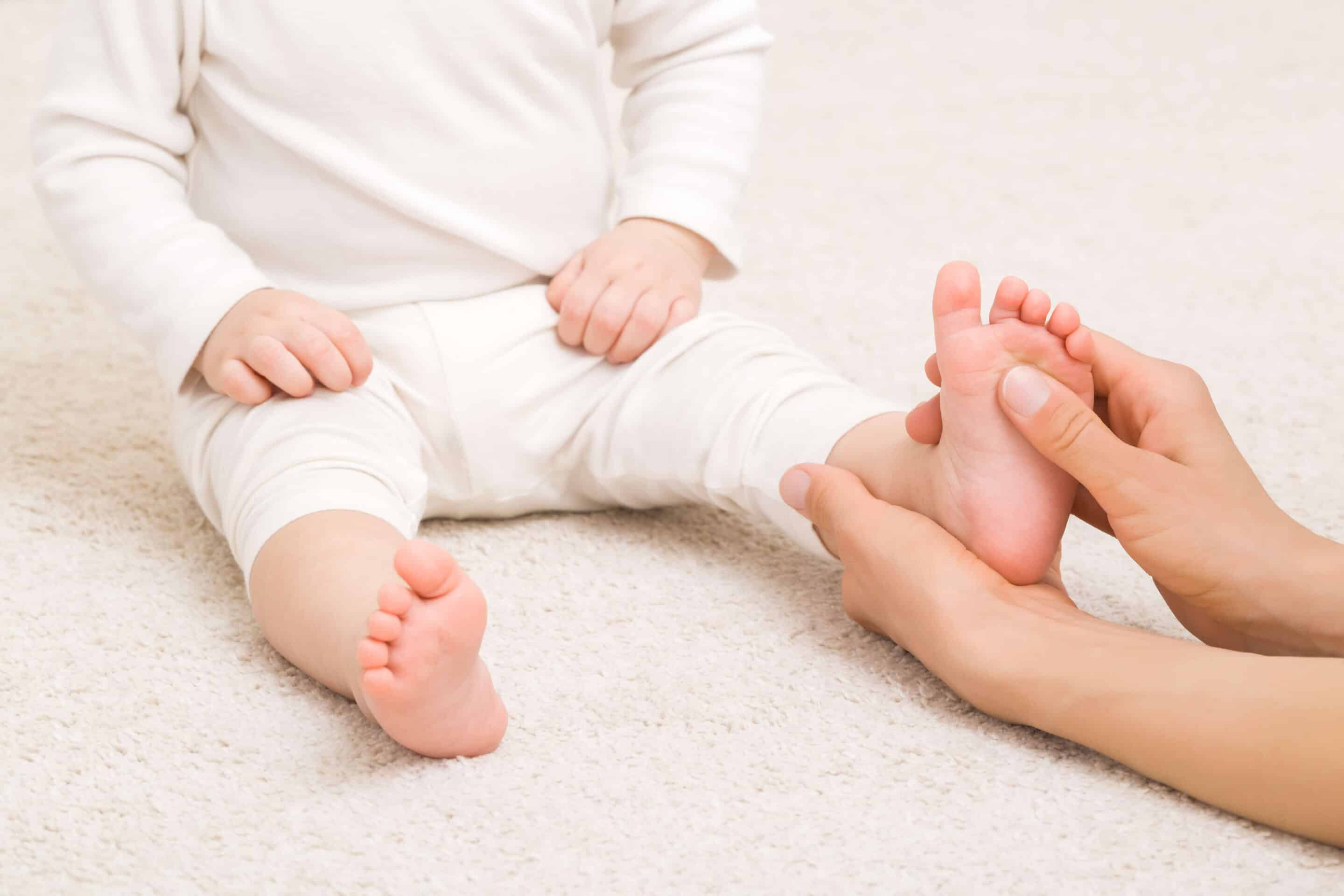Sever’s Disease
If your child is active in sports and begins to complain about heel pain, they may be dealing with a common condition known as Sever’s Disease (also called calcaneal apophysitis). This condition typically affects children between the ages of 8 and 15, especially during growth spurts. Sever’s Disease is one of the most frequent causes of heel pain in kids, particularly those who play sports that involve running and jumping.
Symptoms and Impact
Typical symptoms include heel pain, tenderness, swelling, and limping—especially after physical activity. Left untreated, the discomfort can worsen, potentially sidelining your child from their favorite activities or sports.
Why Early Treatment Matters
Prompt podiatric care can prevent the progression of pain and help your child return to an active lifestyle faster. At Foot and Ankle Associates of Greater Pittsburgh, we provide compassionate, personalized care to relieve pain and support your child’s healthy growth.
What is Sever’s Disease?
Definition and Causes
Sever’s Disease is an overuse injury that occurs when the growth plate in the heel becomes inflamed due to repeated stress. This area, known as the calcaneal apophysis, is where the Achilles tendon attaches to the heel bone. In growing children, this area is particularly vulnerable to inflammation.
Common Causes and Risk Factors
- Participation in high-impact sports (soccer, basketball, gymnastics, etc.)
- Rapid growth spurts during puberty
- Wearing unsupportive footwear
- Tight calf muscles or Achilles tendons
How It Differs from Adult Heel Pain
Unlike adult heel conditions such as plantar fasciitis, Sever’s Disease specifically affects the growth plate, making it a pediatric-only condition. Learn more about plantar fasciitis if you’re exploring heel pain causes in adults.
Recognizing Symptoms of Sever’s Disease
Hallmark Symptoms
- Pain or tenderness in one or both heels
- Swelling and redness in the heel area
- Limping or walking on toes to avoid heel pressure
- Pain that worsens after sports or physical activity
Assessing the Severity
Symptoms can range from mild discomfort to severe pain that limits walking or athletic participation. If your child avoids weight-bearing or struggles to keep up with peers, it may be time to see our expert podiatrists.
When to Seek Medical Care
Don’t wait for the pain to resolve on its own. If symptoms persist for more than a week or worsen, schedule an appointment with our experienced team for a professional evaluation.
Diagnosing Sever’s Disease
Comprehensive Physical Exam
Diagnosis typically involves a thorough examination of the foot and ankle. We assess for tenderness, range of motion, and gait abnormalities to identify inflammation near the growth plate.
Imaging (When Necessary)
X-rays or MRIs are not always needed but may be ordered to rule out other causes of heel pain, like stress fractures or more serious injuries.
Considering Other Diagnoses
Several conditions can mimic Sever’s Disease, such as Achilles tendinitis, plantar fasciitis, or stress fractures.
Treatment Options for Sever’s Disease
- Rest and Activity Modification: Reducing high-impact activities is key. Your child may need a temporary break from sports to allow the heel to heal properly.
- Ice and Compression: Applying ice packs and compression sleeves can decrease inflammation and relieve pain.
- Supportive Footwear and Orthotics: Wearing supportive shoes with cushioned soles or custom orthotics can reduce strain on the heel and prevent recurrence.
- Stretching and Strengthening: Targeted exercises for the Achilles tendon and calf muscles help relieve tension and promote flexibility, which reduces stress on the heel.
- Pain Relief: Over-the-counter pain relievers like ibuprofen (NSAIDs) may be recommended to manage discomfort.
- Gradual Return to Activity: We’ll guide your child through a safe and gradual return to activity, ensuring they regain strength without risking reinjury.
Prevention Tips for Sever’s Disease
Shoe Selection
Choose shoes with proper arch support and shock absorption, especially for sports and physical education classes.
Smart Sports Habits
Encourage warm-ups and cool-down routines to minimize strain on the feet.
Regular Stretching
Daily stretches for the Achilles tendon and calves can keep muscles flexible and reduce pressure on the heel.
Long-Term Outlook and Management
Prognosis
Sever’s Disease is temporary and often resolves once the growth plate closes—typically by the mid-teen years. With proper care, most children recover fully without long-term effects.
Managing Recurrences
Flare-ups can happen, especially during intense sports seasons. We recommend periodic breaks, stretching routines, and the continued use of supportive footwear or orthotics to reduce future risks.
Related Conditions and When to Call a Podiatrist
Similar Conditions in Children
Some conditions may be mistaken for Sever’s Disease, including:
- Achilles Tendinitis
- Stress Fractures
- Juvenile Plantar Fasciitis
Why Diagnosis Matters
An accurate diagnosis from our podiatrists ensures that your child receives the correct treatment and avoids unnecessary pain or missed activities.
Why Choose Foot and Ankle Associates of Greater Pittsburgh?
Specialized Pediatric Foot Care
Our podiatrists are experienced in diagnosing and treating children’s foot conditions, including Sever’s Disease. We understand how to care for growing feet and provide customized treatment plans tailored to each child’s needs.
Conservative, Patient-Centered Care
Whenever possible, we use non-invasive and conservative methods to relieve pain and restore function—keeping your child safe, comfortable, and active.
Schedule an Appointment Today
If your child is struggling with heel pain, don’t wait. Contact us today and get an early treatment that can make all the difference in their recovery and well-being.
Contact Us
Office
336 College Avenue, Suite 106, Beaver,
PA , 15009
Monday: 8am – 12pm
Tuesday: 8am – 4:30pm
Wednesday: 8am – 4:30pm
Thursday: 8am – 4:30pm
Friday: 8am – 12pm
Saturday: Closed
Sunday: Closed

